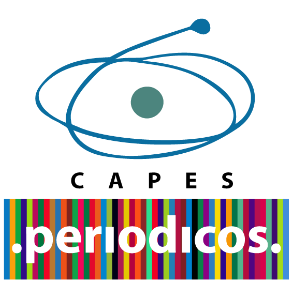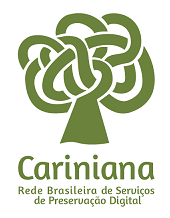Critical environmental education as an instrument in the National Solid Waste Policy: pedagogical practice at the philanthropic institution Casa do Caminho/PR
Keywords:
Solid wastes, National Solid Waste Policy, National Environmental Education Policy, Critical environmental education, Pedagogical practices.Abstract
Solid waste management is a topic discussed in most countries, especially regarding the pursue for solutions for final disposal. In order to improve solid waste management in Brazil, the Federal Law n. 12.305 was created in 2010 and it instituted the National Solid Waste Policy - NSWP, bringing definitions, objectives, instruments and principles regarding the subject. In this law, environmental education is envisaged as an important instrument. In Brazil, several works are carried out under the solid waste theme, mostly through the concept of environmental behavioral education, focusing mainly on selective collection, composting and recycling. Therefore, the present work aimed to develop a sequence of pedagogical practices to promote and consolidate environmental education actions, concentrating on the problem of solid wastes, among the children that were part of the project Coexistence and Strengthening of Links Service in the philanthropic institution Casa do Caminho located in Londrina - PR in the year of 2016. The applied methodology was research / action, in a critical approach to environmental education based on the educational practice of Paulo Freire (dialogic and participatory method). At the end of the work, it was possible to observe the development of an integrated vision of the environment, community participation, providing improvements in the institution and the search for practical solutions to the problems related to solid waste in the daily life of children and changes in pedagogical and educational practice of social educators. It can be concluded that environmental education, through critical approach, can contribute to the formation of critical agents, capable of acting and deciding, individually and collectively, on the socio-environmental challenges that coexist daily in urban centers.Downloads
Downloads
Published
How to Cite
Issue
Section
License
Copyright (c) 2019 GEOGRAFIA (Londrina)

This work is licensed under a Creative Commons Attribution-NonCommercial 4.0 International License.
The authors retain the copyright simultaneously licensing the work under the Creative Commons Attribution-NonCommercial 4.0 International license. This license allows third parties to distribute, remix, adapt, and develop the material in any medium or format for non-commercial purposes, giving due credit for authorship and initial publication in this journal.
The journal reserves the right to make normative, orthographic, and grammatical changes to the originals in order to maintain the standardized language and the credibility of the vehicle while still respecting the authors' writing style. Conceptual suggestions, changes, or corrections will be communicated to the authors when necessary.
The opinions expressed by the authors of the articles are their sole responsibility.
This work is licensed under a Creative Commons Attribution-NonCommercial 4.0 International license.















